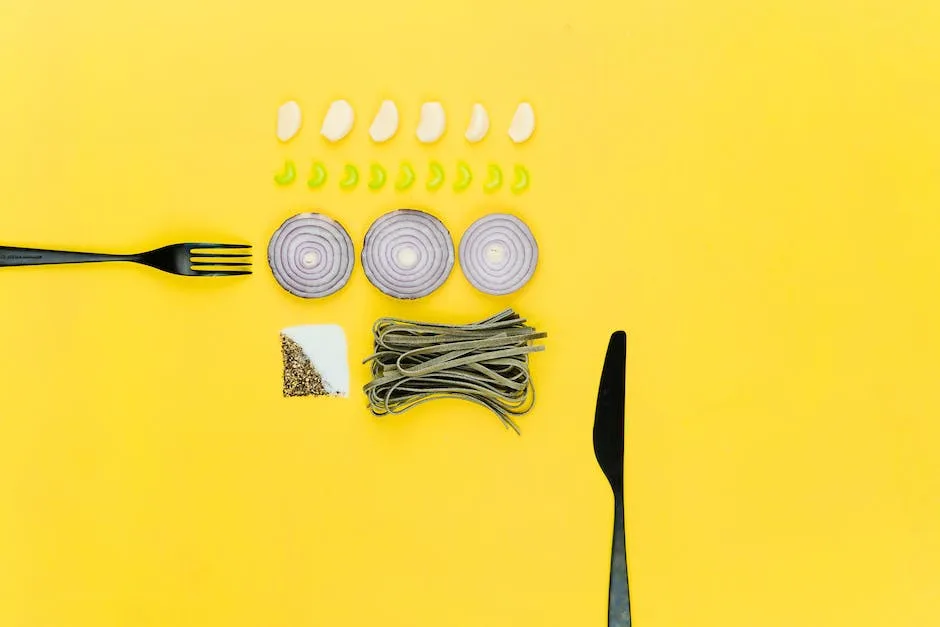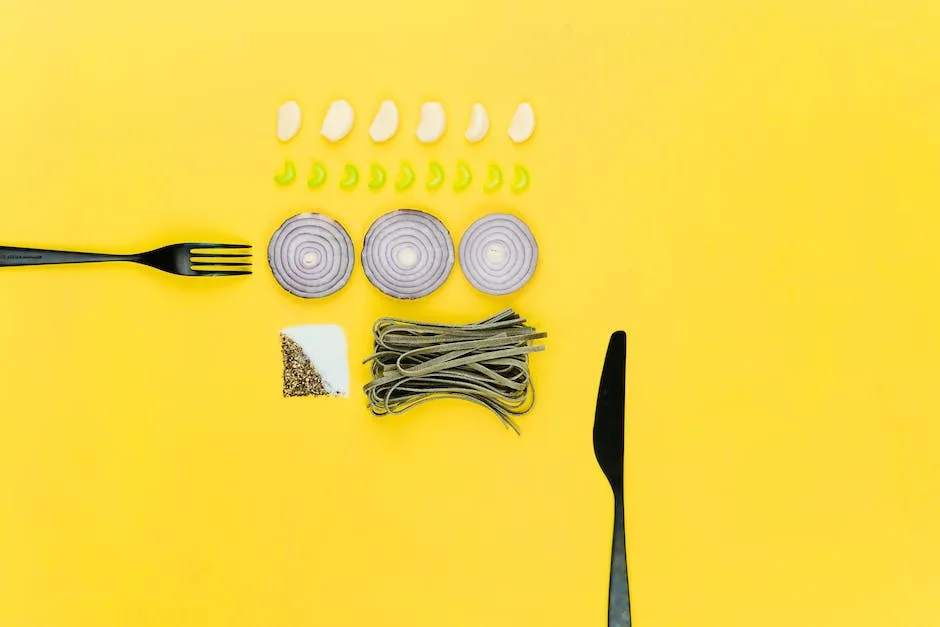Can you reheat onions in the microwave? The answer is both yes and no. If you’re trying to revive a dish that includes onions that have already been cooked, then you can give them a quick blast in the microwave. But, if you’re cooking onions from scratch, it’s best not to use the microwave, as they can come out rubbery.
No, you should not reheat onions in the microwave. Reheating onions in the microwave can cause them to release harmful toxins and increase your risk of food poisoning.
What happens if you microwave onions?
If you’re in a hurry and need soft, tender onions fast, then microwaving them is a great alternative to oven-baking. You’ll still get delicious, moist onions that taste just as good as their oven-baked counterparts.
The best way to reheat caramelized onions is to utilize that fat and reheat them in a pot over low heat. You shouldn’t need to add any extra oil or butter and should only take about five minutes. If you’re in a pinch, you can microwave them, but the microwave does have the potential to unevenly overcook them.
Can I reheat onion rings in microwave
You can reheat onion rings in the microwave, but they won’t taste as good as when they are fresh. To reheat onion rings in the microwave, place them on a microwavable plate and heat them for about 30 seconds.
This is a great way to soften onions without having to worry about them scorching in the pan. Just pop them in a bowl with a spoonful of water, cover with a plate and microwave on high for 3-4 minutes. Carefully remove the bowl (it will be very hot) and uncover.
Why do onions spark in the microwave?
Dense vegetables such as onions, green beans, and carrots contain a higher amount of minerals than other types of food. These minerals – iron, magnesium, and selenium – act like tiny pieces of metal and create what is known as an “arcing effect” in microwaves. Therefore, the sparks that you see when you microwave these vegetables are actually due to the high mineral content.
As onions cook, they release their moisture and cells begin to break down, causing them to soften. Sugars are released and as they heat up, both caramelization and a common chemical reaction in food occurs, called a Maillard reaction or Maillard browning.
What foods should not be reheated in microwave?
Vegetables with high amounts of nitrates can be harmful if reheated in the microwave. Rice, eggs, chicken, potatoes, mushrooms, and cold pressed oil should also be avoided.
Liver and onions are a dish that is best enjoyed fresh. However, if you have leftovers, they can be stored in the fridge for up to four days. This recipe can also be frozen for up to three months. When reheating, be sure to cook the liver and onions until they are piping hot all the way through to ensure food safety.
Does reheating food in the microwave ruin taste
If you’re reheating leftovers or making a dish in the microwave, there are a few ways to avoid dry, rubbery or flavorless food. Here are a few tips:
– Use a wet paper towel or piece of parchment paper to help retain moisture.
– Cut food into small pieces to help it reheat evenly.
– Avoid over-cooking or “nuking” your food – start with a shorter cook time and then add more time if needed.
There are no limits to how many times you can safely reheat leftover home-cooked meals. However, best practice is to limit the number of times you do so. More often than not, you wouldn’t need to reheat one type of dish more than once. If you are making meals in bulk, separate and store them in individual portions.
What happens if you reheat food in the microwave?
The most important thing to realize about microwaves is that their heat does not always kill bacteria. This is because microwaves heat from the outside in instead of the inside out. As such, certain bacteria-prone reheated foods will have a higher risk of causing sickness when these bacterial cells survive.
Onions are a great addition to many recipes. They can add flavor and texture to a dish. However, they can also be a bit of a hassle to prepare. Peeling and chopping onions can be time-consuming and sometimes messy. Fortunately, there is an easier way to cook them.
Simply place the onion in a microwave-safe container and cover with a lid.Microwave on high until tender, about 6-8 minutes.Serve warm. This method is much quicker and easier than traditional methods, and the results are just as good. Give it a try the next time you need to use onions in a recipe.
What is the best way to soften onions
When cooking onions, remember to melt a small amount of butter and oil in a shallow pan over a low heat. Let the butter melt until it starts to sizzle, then add the finely chopped onions. Ensure the onions are coated in the oil and butter and allow to sizzle as it cooks. After about 12 minutes, the onions will become almost translucent.
Onions are a staple ingredient in many recipes. Here’s an easy way to cook them so they turn out perfectly every time! Slice the onions into thin rings and cook on high heat with a little water. Let the water cook off and the onions will start to brown and stick to the pan. Add a few tablespoons of water if they start to stick too much or look like they are burning. Repeat steps 3 and 4 until the onions are soft and deep brown. Enjoy!
Why can’t you put carrots in the microwave?
It’s best not to put carrots in the microwave, as they may contain minerals from the soil that can cause arcing (sparks produced from the microwave’s reaction with metallic materials).
If you have frozen and chopped onions in the freezer, you don’t need to thaw them out at all! They cook well from frozen and you can either microwave them, sautee them, fry them or pop them into your recipe frozen and they will cook fine along with the rest of the meal.
Final Words
Yes, you can reheat onions in the microwave. To do so, place the onion on a microwave-safe plate and heat it for 1-2 minutes. You can also add other vegetables to the plate, such as carrots or green beans.
Onions are a healthy and delicious addition to many recipes. However, you should not reheat onions in the microwave. Onions contain sulfur compounds that can be released when heated, causing them to smell bad and taste bitter. Furthermore, reheating onions can cause them to release harmful compounds that can potentially cause cancer. So, to enjoy your onions at their best, cook them fresh!
